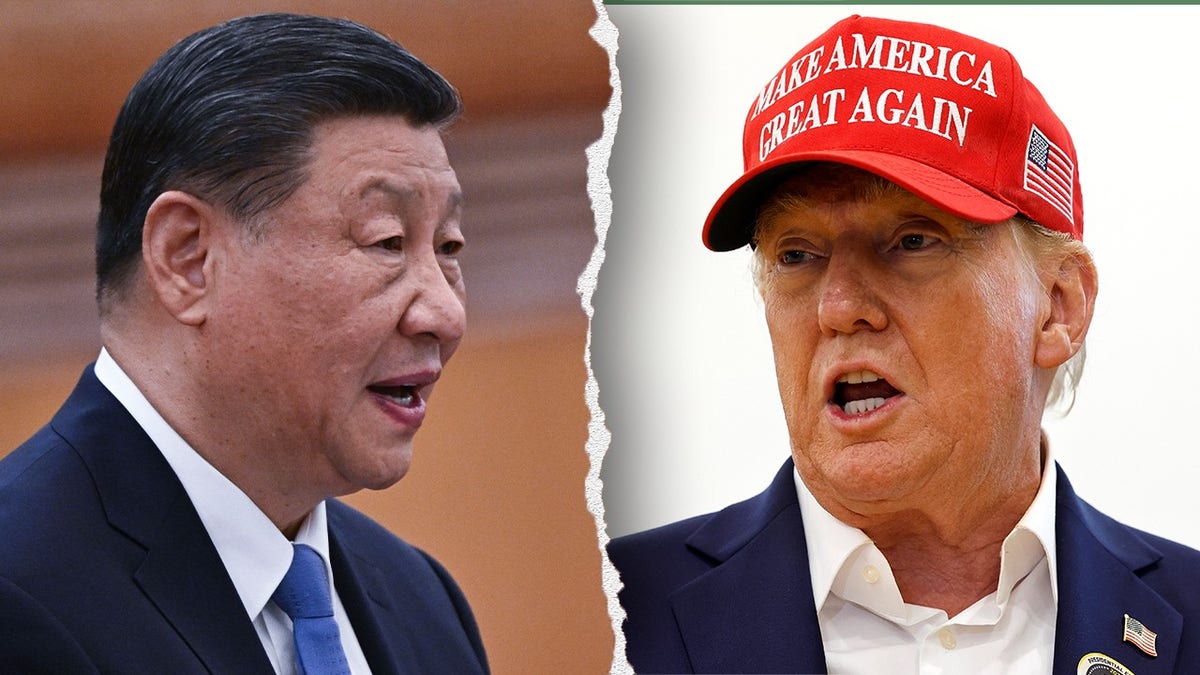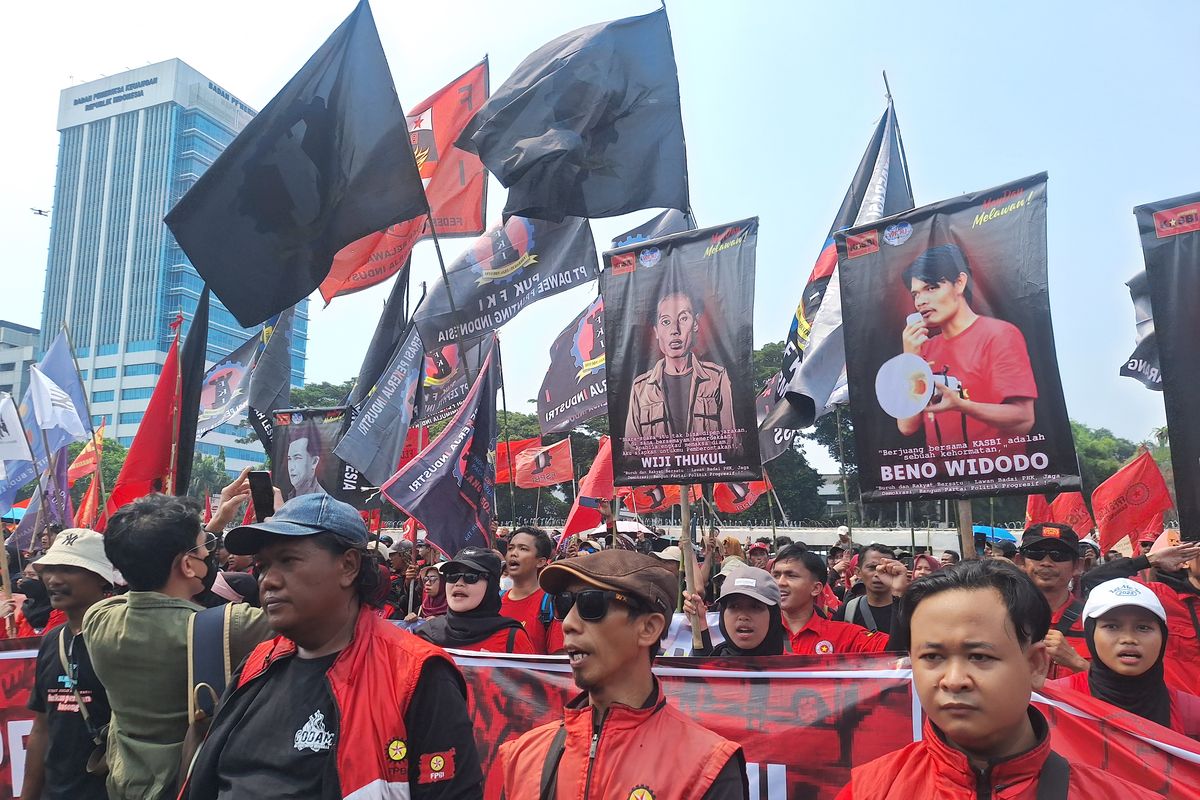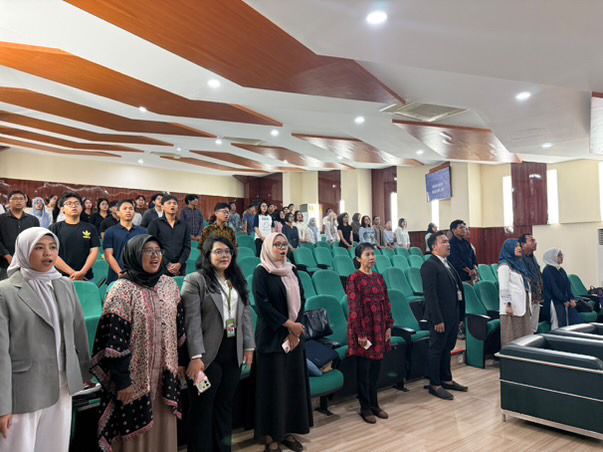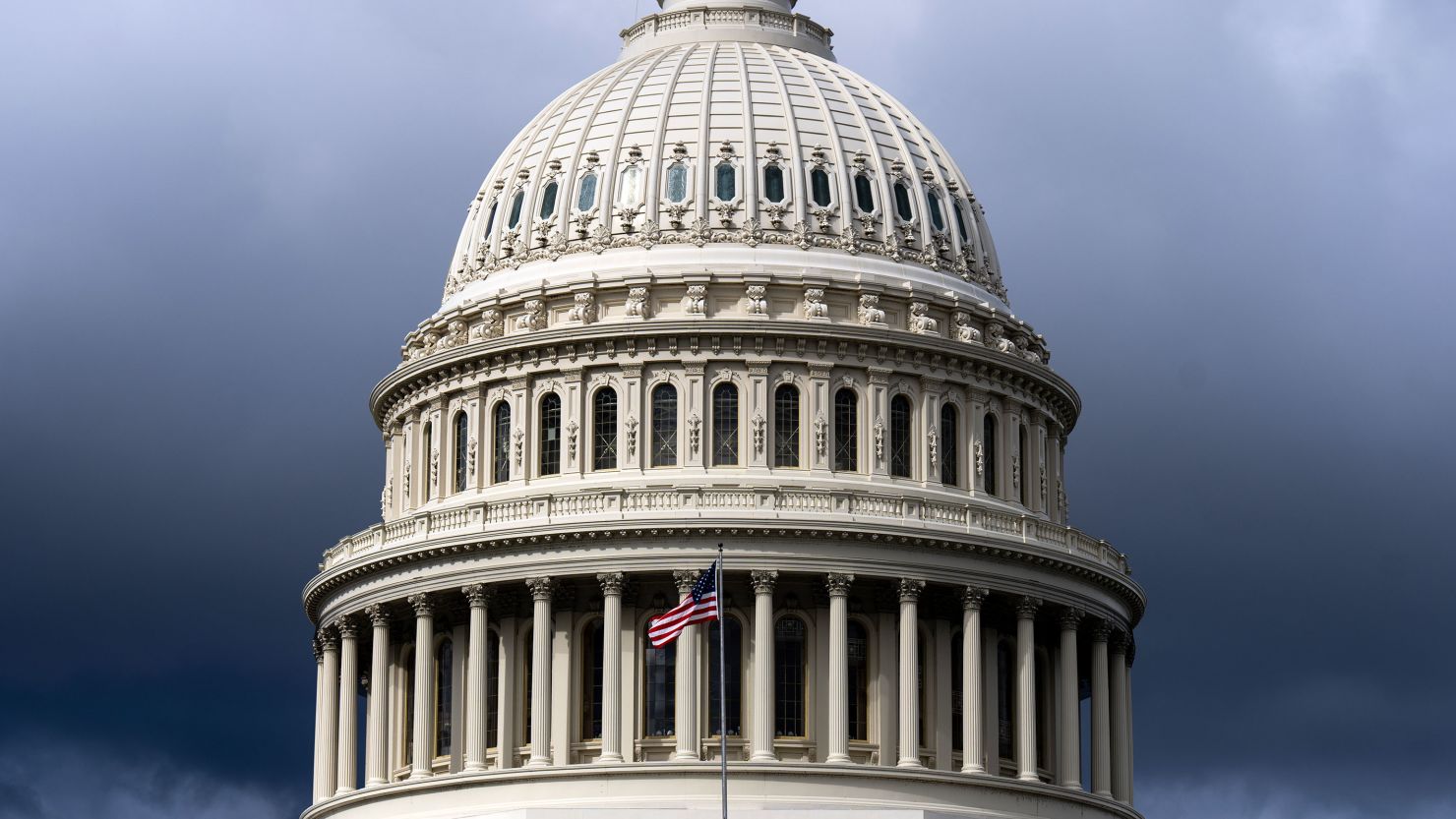
World leaders are gathering this week in New York City for the High-Level Week of the 80th Session of the United Nations General Assembly (UNGA), as pressing global challenges—from security crises to climate change—demand renewed diplomatic focus.
Key Themes and Flashpoints
Diplomacy and Conflict
The Israel-Gaza conflict remains among the most contentious issues under discussion. The Prime Minister of Israel has issued statements vowing to “finish the job” in Gaza, further polarizing international responses. At the same time, calls for a two-state solution are gaining traction, with France, Germany, Saudi Arabia, and other nations playing prominent roles in pushing for renewed negotiations.
Climate and Sustainable Development
Amid ongoing pressures of climate change, many speeches at the UNGA are expected to underscore ambitions related to net zero emission goals, climate finance, and sustainable development. The urgency is growing as extreme weather events and environmental degradation impose both humanitarian and economic costs globally.
Human Rights and Global Order
Issues such as refugee crises, internal conflict, and allegations of human rights violations in various regions are prominent. The UNGA serves as a platform where countries are both criticized and defended on these topics. Recognition of Palestine remains a key diplomatic subject, with over 150 member states reportedly recognizing it.
Stakes and Challenges
The stakes are high. The world is watching if UNGA leaders will translate rhetoric into concrete action and policy. Some of the expected challenges include:
- Bridging sharp divisions between states over how to approach the Israel-Gaza conflict, both in terms of humanitarian aid and political resolution.
- Financing climate goals: many developing countries continue to call for stronger commitments from wealthy nations to support mitigation and adaptation efforts.
- Maintaining multilateral cooperation in an era where many states are increasingly polarized, both internally and in foreign policy.
Implications
- For Global Diplomacy: Decisions or statements made here could shape alliances, influence international norms, and affect geopolitical strategy, particularly in the Middle East and between major powers.
- For Advocacy and Civil Society: NGOs, human rights groups, and environmental organizations will use the UNGA as a stage for pushing their causes, especially around issues like refugee protection, equity in climate response, and humanitarian access in conflict zones.
- For Ordinary Populations: Outcomes in areas like climate policy or humanitarian aid can directly affect food security, access to clean water, displacement, and survival for millions of people.






